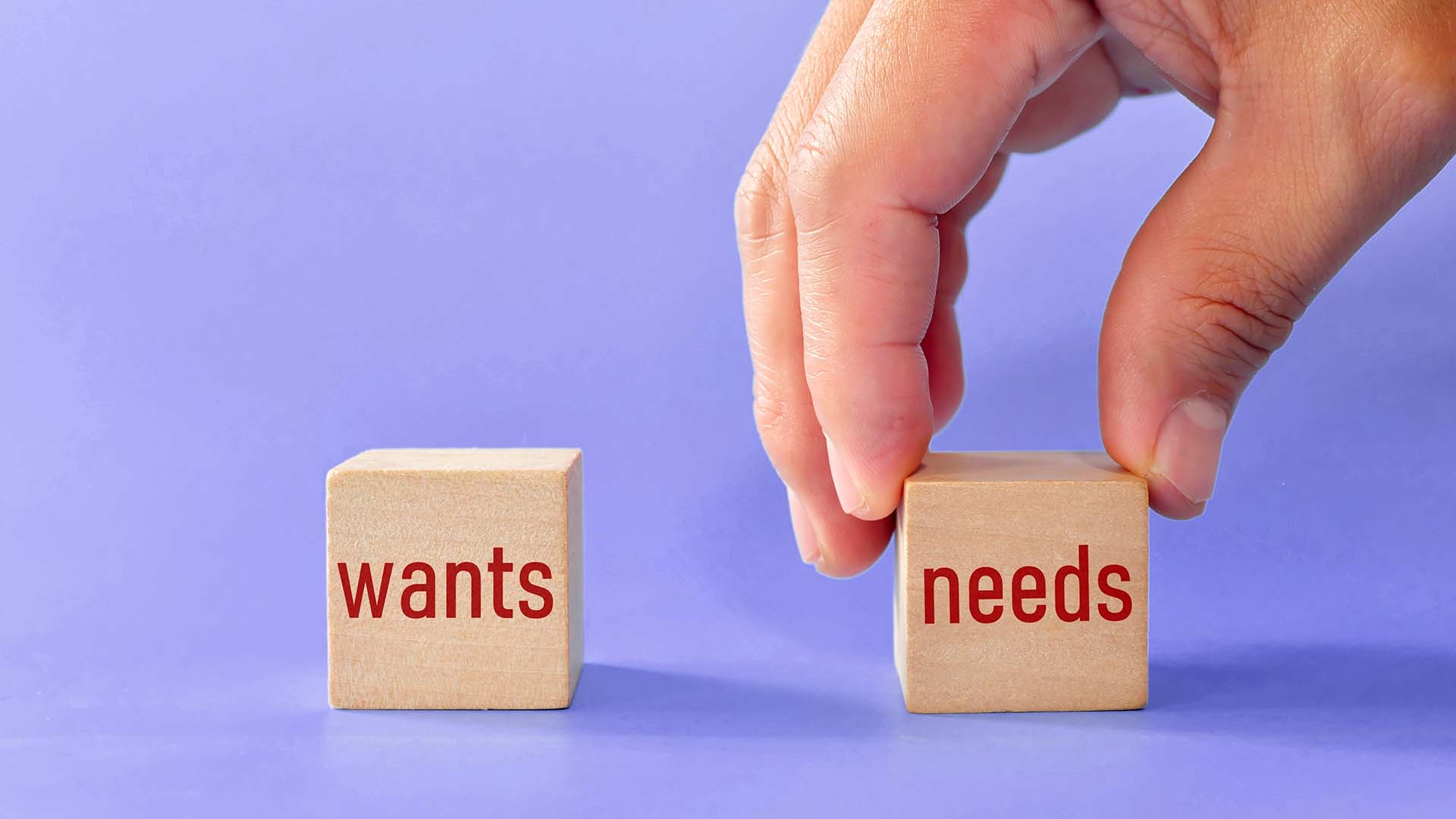The quest for knowledge has long been deemed an essential pillar in the edifice of society, a truth underscored by the Bahá’í teachings which extol the virtues of education. Within this philosophical framework, the role of the educator emerges as paramount. To appreciate the necessity of an educator in a rapidly evolving world, we must first delve into the metaphysical underpinnings of education as envisioned in Bahá’í doctrine. Education is not merely a means of acquiring information; it is the act of nurturing the soul and cultivating the seeds of potential inherent within every individual.
Consider the metaphor of a gardener tending to his plants. Just as a gardener carefully selects the right conditions—sunlight, soil quality, and water—an educator must create an environment conducive to intellectual and spiritual blossoming. The Bahá’í teachings posit that every child is a precious gem, a latent masterpiece awaiting the sculptor’s touch. The educator is that sculptor, whose task is to recognize, nurture, and refine the raw materials present in every learner.
The need for an educator resonates profoundly in a world fraught with complexities and challenges. In this age of distractions, where information flows incessantly from myriad sources, the process of discernment becomes imperative. Here, the educator assumes the dual role of a guide and a facilitator, navigating students through the labyrinth of knowledge. The Bahá’í perspective emphasizes that true education entails not only the transmission of facts but also the cultivation of moral virtues and a sense of responsibility towards society.
Indeed, Bahá’u’lláh, the founder of the Bahá’í Faith, elucidates that “Education is the most vital and essential need of the world.” This declaration serves as a clarion call to recognize that education should extend beyond the confines of academia. An effective educator molds individuals who can think critically, act compassionately, and contribute toward the collective welfare of humanity. In a sense, the educator is not merely imparting knowledge; rather, they are shaping future stewards of society who will, in turn, perpetuate the cycle of enlightenment.
Within the realm of the Bahá’í teachings, the transformation of the individual should correlate with the transformation of society. The task of the educator, thus, is intertwined with the larger narrative of social progress. As the moral compass of their students, educators are entrusted with the responsibility to imbue in them an ethic of service and a commitment to social justice. The metaphysical relationship between educator and learner becomes a tapestry woven with threads of compassion, empathy, and shared aspiration.
In analyzing the profusion of contemporary educational models, the Bahá’í teachings advocate for an integrative approach that encompasses both secular and spiritual dimensions. The challenge often lies in redefining conventional paradigms of education to align with spiritual principles. An effective educator operates as a bridge, linking the empirical and the spiritual, ensuring that learners emerge as holistic individuals rather than mere repositories of information.
The unique appeal of the Bahá’í approach to education lies in its inclusivity and universality. It transcends geographical, cultural, and ideological boundaries. An effective educator recognizes that every student possesses a unique constellation of abilities and inclinations. This recognition fosters an environment of respect and collaboration, wherein educators and learners embark on a journey of discovery together. In this context, the role of the educator transforms into that of a partner, advocating for the wisdom of co-learning, thereby allowing diverse perspectives to illuminate and enrich the discourse.
This holistic framework finds further support within the Bahá’í principle of oneness, asserting that all are interconnected and deserving of opportunities for advancement. Herein lies the educator’s challenge to shatter the barriers of inequality, providing every learner, regardless of background, with access to enriching educational experiences. The call for equity is a fundamental tenet of the Bahá’í teachings, urging educators to remain vigilant in their commitment to fostering inclusivity and diversity in all educational endeavors.
Moreover, the ideal educator embodies a lifelong commitment to personal growth. The Bahá’í view posits that education is not confined to formal institutions; it is a perpetual journey. An educator, therefore, must not only teach but also reflect upon their own learning processes, embracing the notion that knowledge evolves and deepens with experience. In doing so, they serve as exemplars of lifelong learning, inspiring their students to pursue knowledge with fervor and purpose.
In conclusion, the call for an educated society woven into the fabric of Bahá’í teachings reveals a comprehensive understanding of the educator’s role. The interdependence of the teacher and student creates a symbiotic relationship that nurtures growth, both personal and collective. As society grapples with increasing complexities, the need for enlightened educators has never been more critical. They hold the power to mold not just intellectual prowess but also the moral fortitude of future generations. Thus, in recognizing the urgency of this plea, we are urged to invest in the cultivation of educators—the architects of a better future for all.
